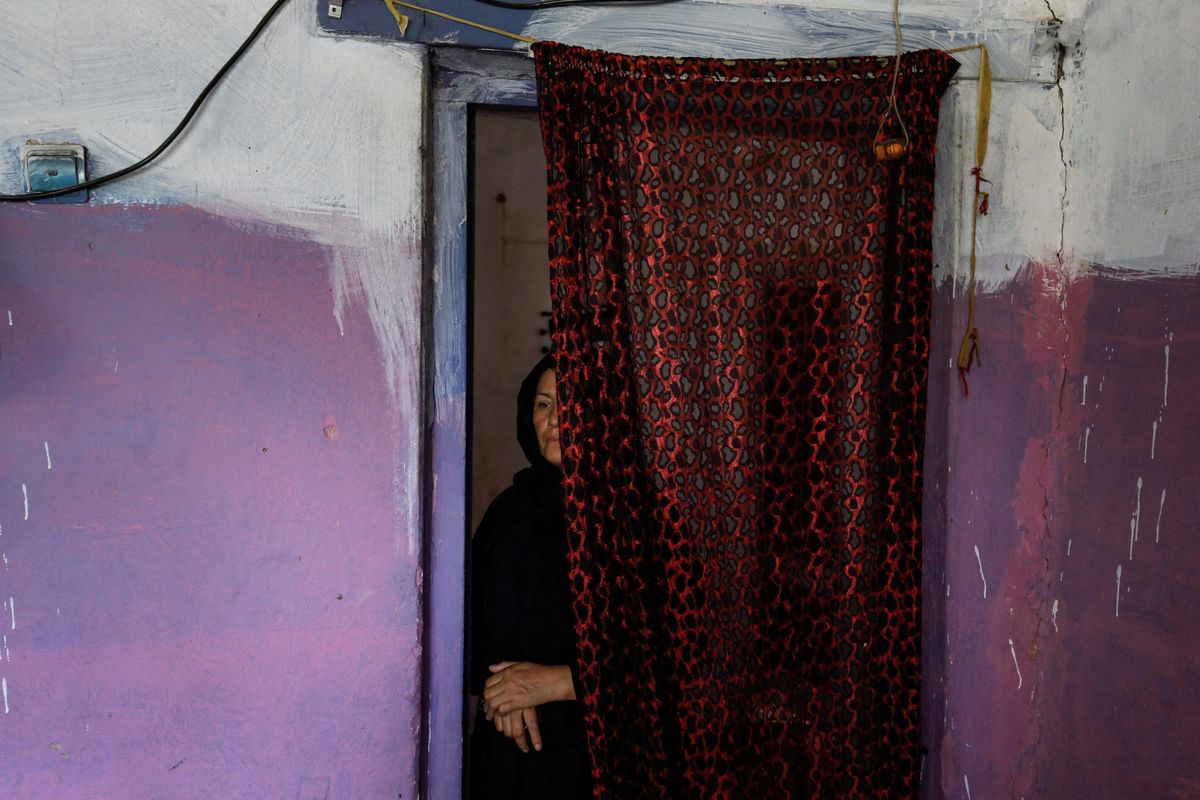Women’s protest in Afghanistan turns violent

A few minutes every morning is all you need.
Stay up to date on the world's Headlines and Human Stories. It's fun, it's factual, it's fluff-free.
About a year ago, the Taliban took control of Afghanistan, making substantial changes to women’s rights in the country. Despite promises that the Taliban would take a more progressive approach with its laws, now most young girls can’t go to secondary school, there are more restrictions on women’s employment and movement, and there are increased child and forced marriages in the country. On top of that, it’s difficult to take legal action for domestic violence, and women must again completely cover themselves in public, ideally in a burqa.
On Saturday, around 40 women staged a protest – the first of its kind in months – outside the education ministry in Kabul. They marched for work rights and political participation, calling for international support. Carrying a banner that read “August 15 is a black day," referring to the date the Taliban seized control of the country last year. The women chanted, “Justice! Justice! We’re fed up with ignorance," with many choosing not to wear face veils or cover themselves. Quickly, Taliban fighters stopped the protest by firing bullets into the air, and they then beat escaping women with their rifle butts. Some journalists were detained and had their cameras taken away, and some were also beaten, according to an AFP correspondent. No deaths have been reported so far.
Key comments:
“After a year of this government, there is no change in the situation. We are showing that we won’t stay silent. It’s important to show the world that Afghans don’t accept this. We will stand against injustice," one protester told NPR.
“A woman is a helpless and powerless creature. If a woman goes on a journey alone, during the journey she could face a problem that she cannot solve by herself," said Mohammad Sadiq Akif, the spokesperson for the Taliban’s Ministry for the Promotion of Virtue and Prevention, explaining the Taliban’s decree against Afghan women traveling without a male guardian. “All these decrees are for the protection of women, not the oppression of women," he said.
“This would send a message that the Taliban are willing to reconsider their most egregious actions," Fereshta Abbasi, Afghanistan researcher at Human Rights Watch, said in a statement calling for the Taliban to restore education rights for women.
“If the Taliban want to silence this voice, it’s not possible. We will protest from our homes," protester Munisa Mubariz said.




Comments ()